Fabio Ramos, NVIDIA and University of Sydney, AU.

Title: Leveraging Differentiable Simulation for Reinforcement Learning and Bayesian Domain Randomization
Abstract: Differentiable simulation can play a key role in scaling reinforcement learning to higher dimensional state and action spaces, while, at the same time, leveraging recent probabilistic inference methods for Bayesian domain randomization. In this talk, I will discuss advantages and disadvantages of differentiable simulation and connect it with two methods that use differentiability to speed up Bayesian inference, stochastic gradient Langevin dynamics and Stein Variational Gradient Descent. Our resulting Bayesian domain randomization approach can quickly produce posterior distributions over simulation parameters given real state-action trajectories, leading to robust controllers and policies. I will show examples in legged locomotion, robotics manipulation, and robotics cutting.
Bio: Fabio is a Principal Research Scientist at NVIDIA, and Professor in machine learning and robotics at the School of Computer Science, University of Sydney. Before, Fabio was a co-Director of the Centre for Translational Data Science, and previously an Australian Research Council (ARC) Research Fellow at the Australian Centre for Field Robotics. Fabio's research is focused on modelling and understanding uncertainty for prediction and decision making tasks, and includes Bayesian statistics, data fusion, anomaly detection, and reinforcement learning. Over the last ten years Fabio has applied these techniques to robotics, mining and exploration, environment monitoring, and neuroscience.
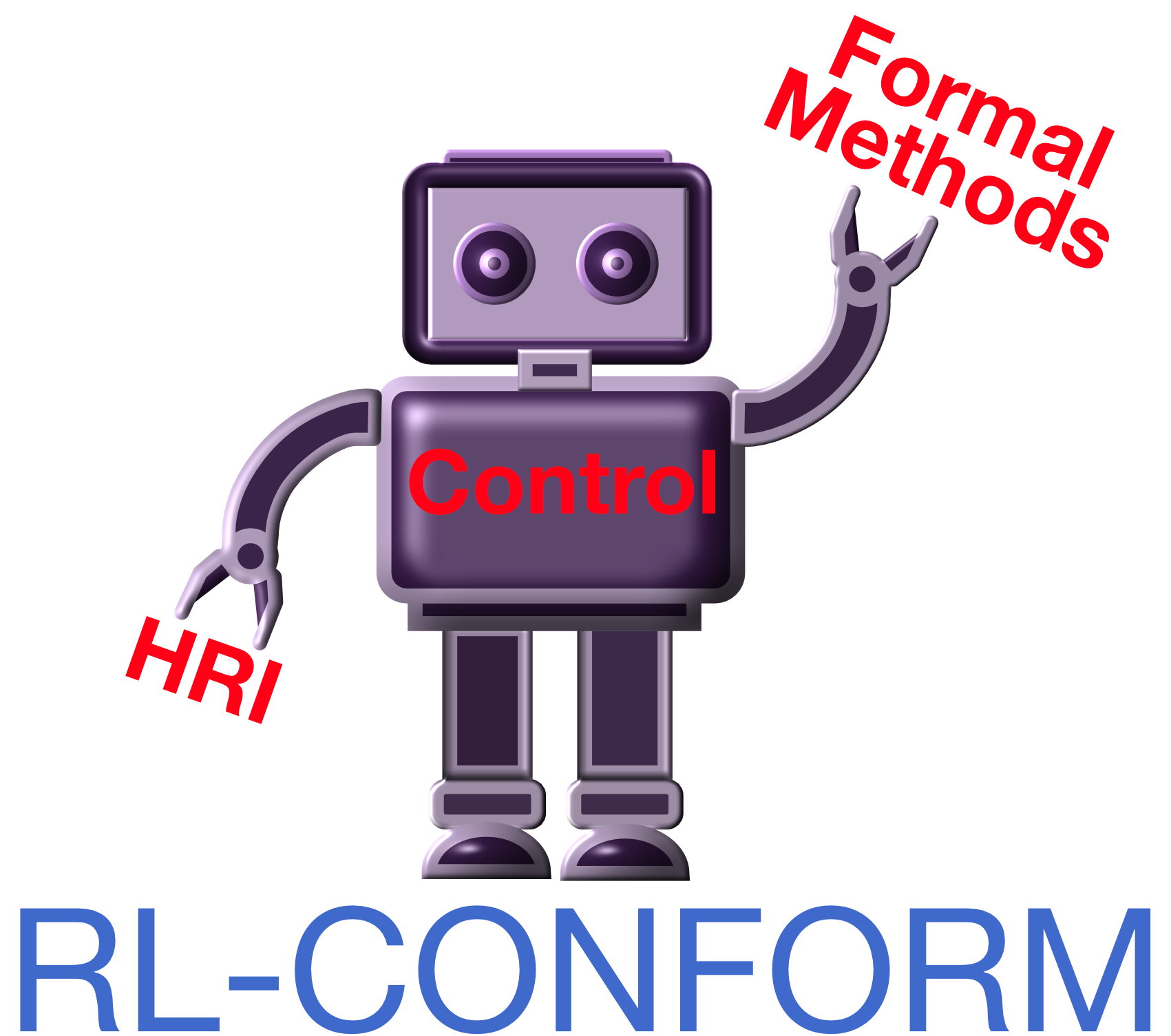







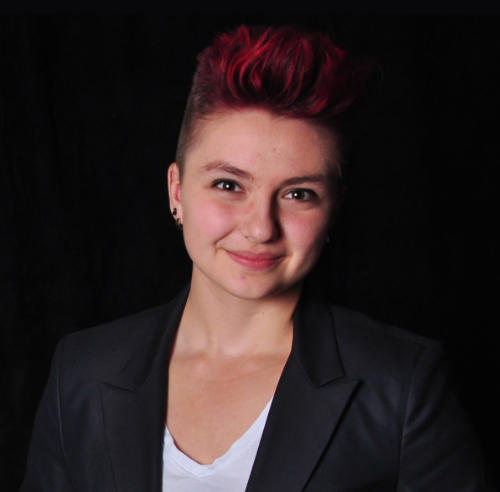


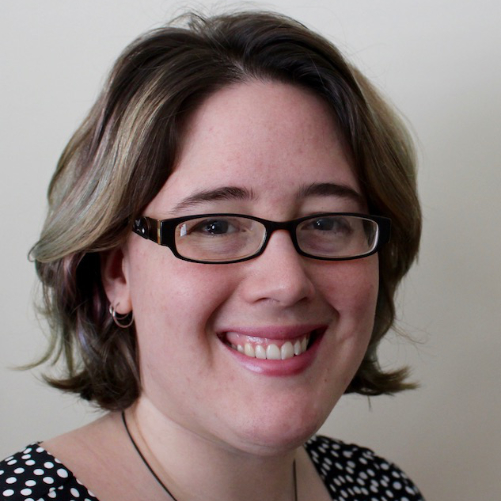




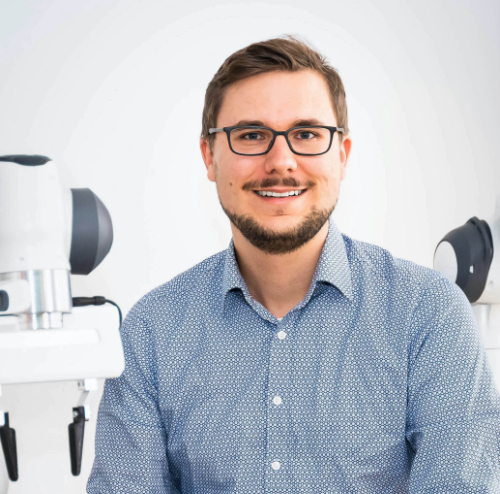

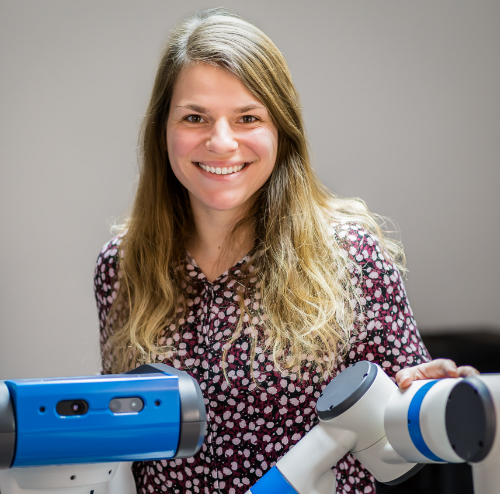

Connect with us and join the conversation!